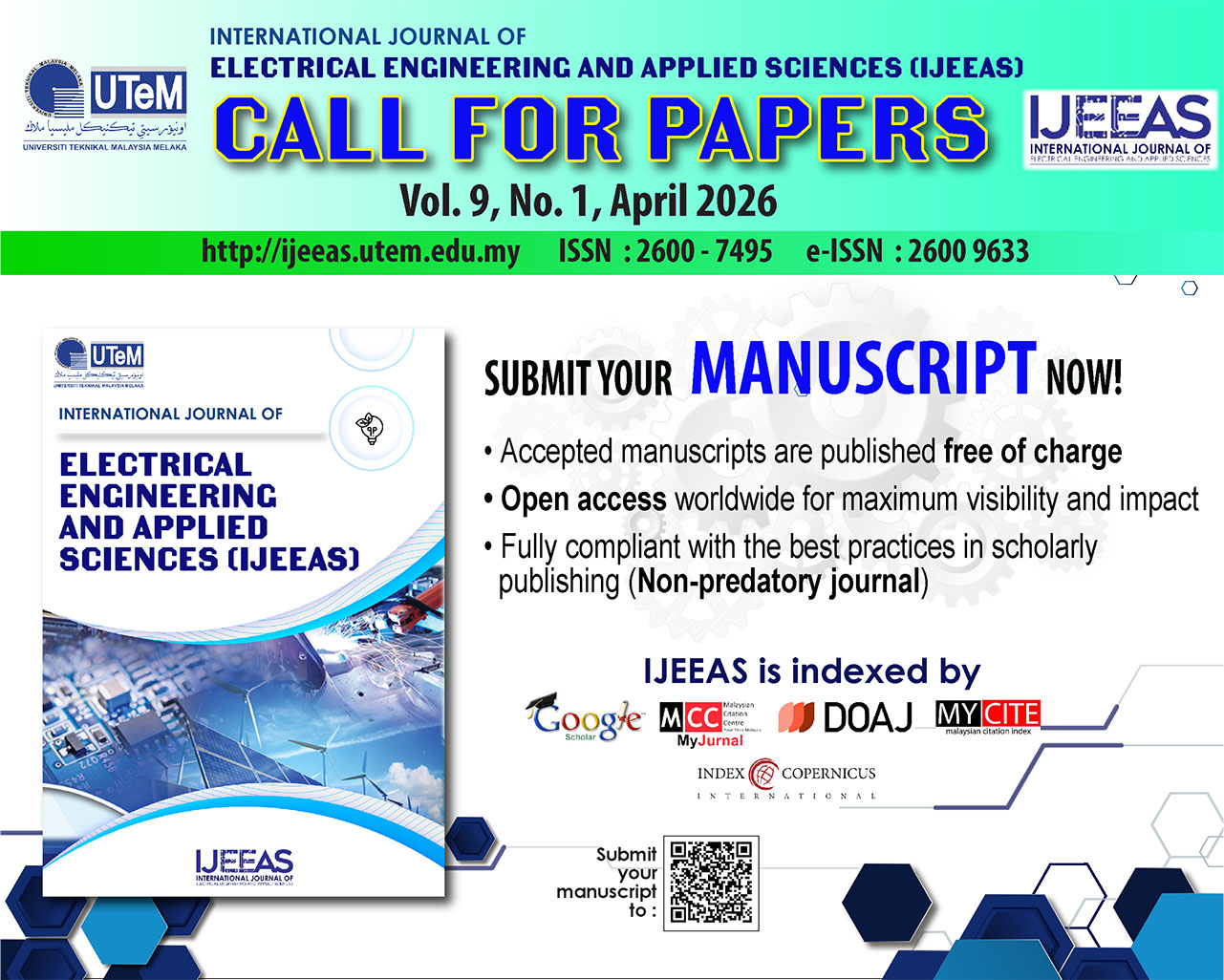Investigation on Channel Borrowing in Channel Assignment Problem
Abstract
Mobile Communication is the use of technology that allows us to communicate with others in various locations without the use of any physical connection. The mobile communication system involves a large coverage area that serves a large geographical area. Due to the enormous growth of mobile telephone users, the limited number of channels available in the regions is unable to fulfill the user demand calls and this leads to the channel assignment problem. To solve this problem, efficient channels reuse or allocation policy is needed to optimize the uses of channels with low channels interference in the regions. In order to have an efficient channel allocation, one of the solution is to fully optimize utilization of all channels. This work introduces channel assignment with Channel Borrowing Scheme. This scheme allows borrowing of free or unused channels from neighbouring or adjacent cells to fulfil the demand calls. Next, the interference occurs in the cells is optimized as the objective function since quality of calls is important in mobile communication. The result of the experiment shows that this proposed scheme has better result in terms of number of rejected calls compared to non-channel borrowing scheme.
Downloads
Downloads
Published
How to Cite
Issue
Section
License
Authors who publish with this journal agree to the following terms:
- Authors retain copyright and grant the journal right of first publication with the work simultaneously licensed under a Creative Commons Attribution License that allows others to share the work with an acknowledgement of the work's authorship and initial publication in this journal.
- Authors are able to enter into separate, additional contractual arrangements for the non-exclusive distribution of the journal's published version of the work (e.g., post it to an institutional repository or publish it in a book), with an acknowledgement of its initial publication in this journal.
- Authors are permitted and encouraged to post their work online (e.g., in institutional repositories or on their website) prior to and during the submission process, as it can lead to productive exchanges, as well as earlier and greater citation of published work (See The Effect of Open Access).







